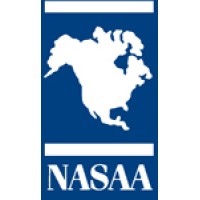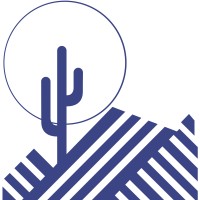
NASAA
Organized in 1919, the North American Securities Administrators Association (NASAA) is the oldest international organization devoted to investor protection. NASAA is a voluntary association whose membership consists of 67 state, provincial, and territorial securities administrators in the 50 states, the District of Columbia, Puerto Rico, the U.S. Virgin Islands, Canada, and Mexico. NASAA members seek to ensure the integrity and efficiency of financial markets through investor protection and support of responsible capital formation.






